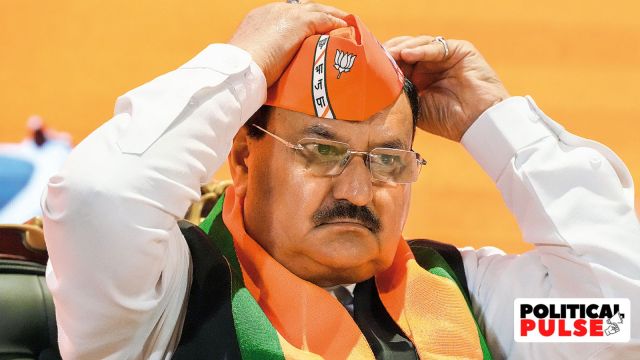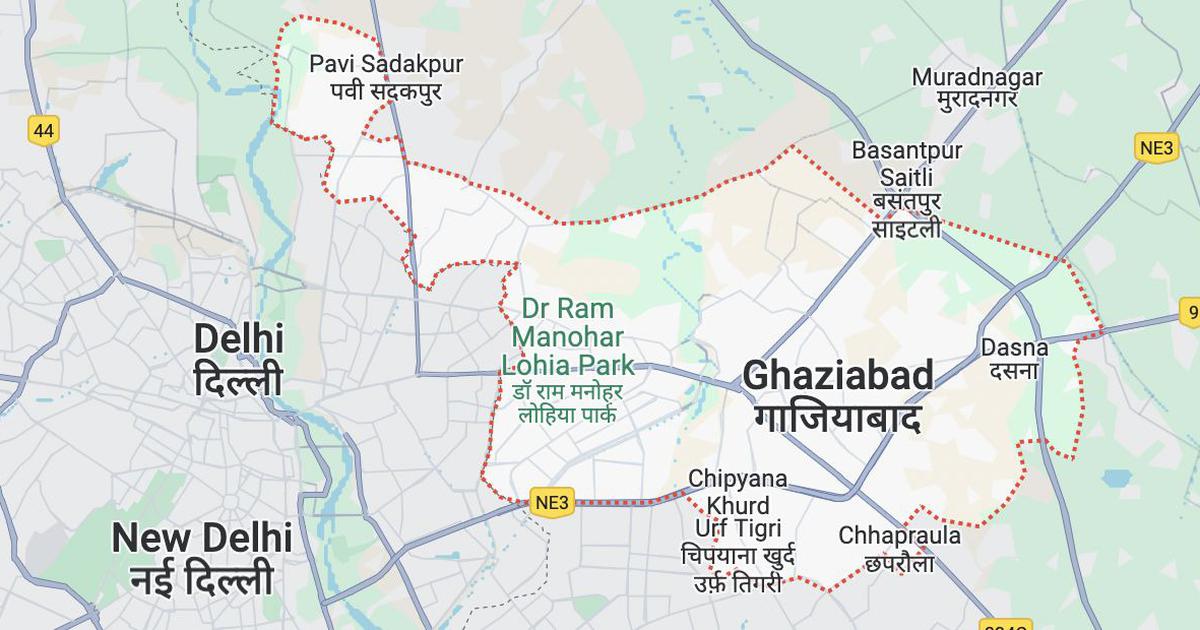
The recent Lok Sabha elections witnessed an intriguing phenomenon: the soaring popularity of individual YouTubers who report, discuss, and analyze news and current affairs. YouTubers like Dhruv Rathee, Ravish Kumar, and Akash Banerjee (The DeshBhakt) have gained significant traction, with their videos raising crucial questions about government policies affecting common people. Remarkably, these videos garnered several million views, often surpassing the aggregate views of many established TV channels. The rise in YouTubers’ popularity should be viewed in the context of the declining credibility of several mainstream TV channels. Many established news outlets have alienated their audiences through a sycophantic approach towards the government, often acting as propagators of the ruling party’s narrative. There is also a concomitant rise in the popularity of digital media platforms which are committed to honest, critical journalism that holds the government accountable.
Dissent and independent journalism are surviving in the digital media space precisely because it operate outside the direct control of the government. Unlike traditional media outlets, which often face regulatory pressures and potential censorship, digital platforms enjoy relatively larger autonomy which allow them to raise uncomfortable questions and highlight issues that mainstream media may overlook or avoid.
It is in this context we should view with concern some laws which the Union Government have either brought or proposing to bring because of their potential to strangle the online media space. Recently, the Press Council of India, a statutory body of journalists, passed a resolution urging the government to “withdraw the laws that are aimed at curbing the freedom of press.”
Broadcasting Services (Regulation) Bill 2023
The resolution, among others, flagged concerns about the draft Broadcasting Services (Regulation) Bill 2023 which expands the Centre’s regulatory oversight over OTT platforms and digital content. A striking feature of the draft Broadcast Services (Regulation) Bill 2023 is that it includes an “individual” in the definition of a “broadcaster.” This means that an individual YouTuber who publishes content on news and current affairs could come under the regulatory framework proposed for broadcasters.
This story was originally published in livelaw.in. Read the full story here.






